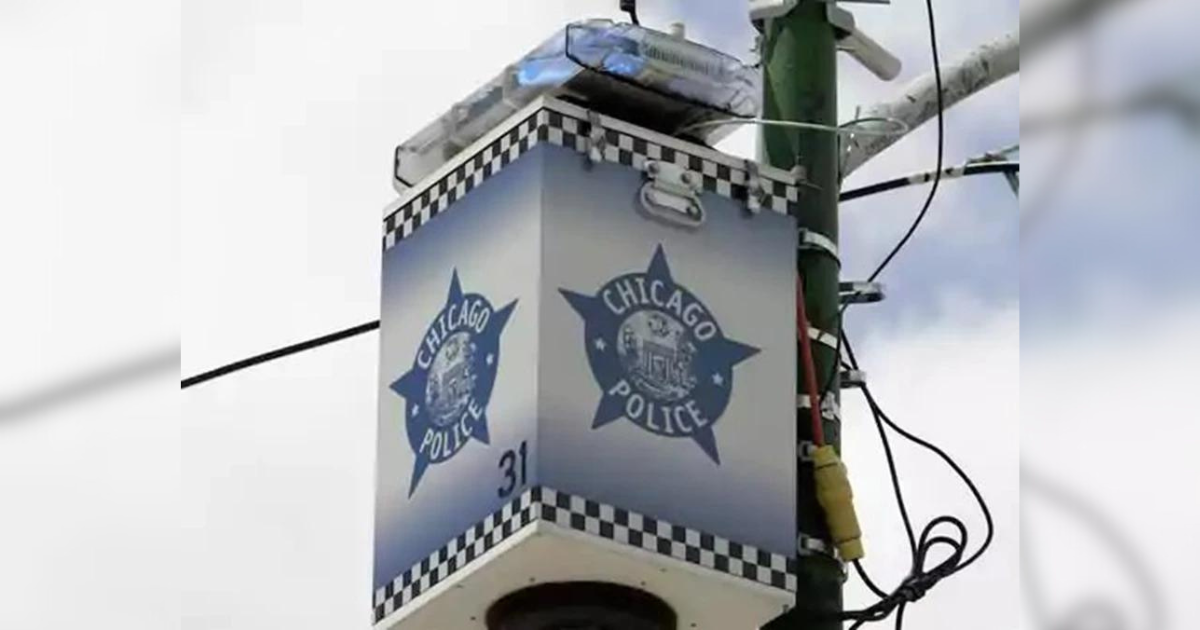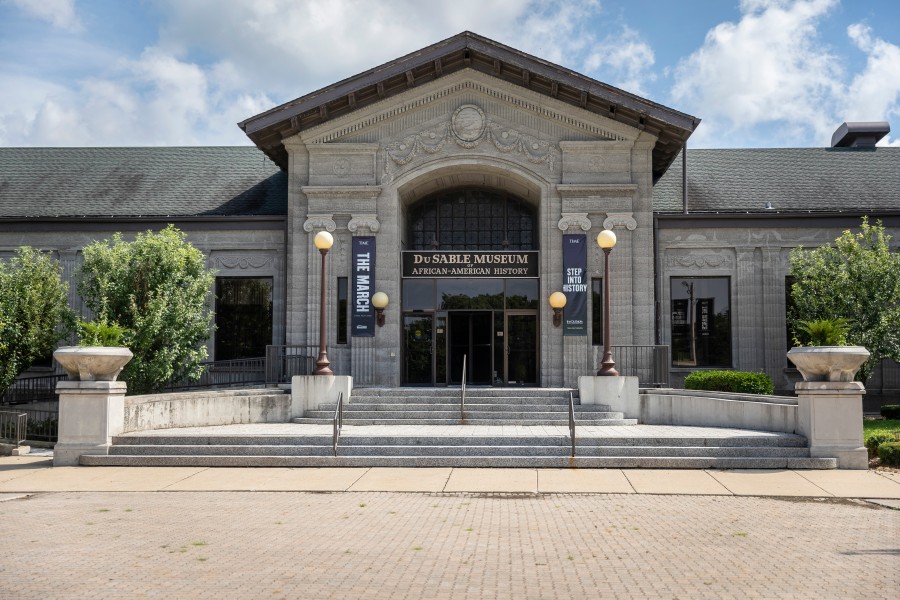Concerned about persistent shootings in neighborhoods as the violent summer season approaches, 11 Black Chicago aldermen on Wednesday, May 22, helped pass a proposal to retain the controversial ShotSpotter gunshot detection system on a ward-by-ward basis.
The vote was 34-14, enough to survive a possible veto by Mayor Brandon Johnson, who insisted the vote will have no impact on his decision to cancel the city’s use of the system later this year.
The Black aldermen voting in favor of the new ordinance include Pat Dowell (3rd), Lamont Robinson (4th), Desmon Yancy (5th), Michelle Harris (8th), David Moore (17th), Derrick Curtis (18th), Jeanette Taylor (20th), Ronnie Mosley (21st), Monique Scott (24th), Walter Burnett (27th) and Chris Taliferro (29th).
Aldermen William Hall (6th) and Jason Ervin (28th) voted against keeping ShotSpotter on a ward basis. Aldermen Greg Mitchell (7th) and Emma Mitts (37th) were absent and did not vote.
The decision followed days of heavy lobbying that included former Police Superintendent Eddie Johnson, who during an interview on WVON 1690 defended ShotSpotter and said it helps reduce crime in neighborhoods.
The ordinance would require City Council approval of any attempt to remove ShotSpotter from any ward. It also would require the Chicago Police Department to collect data on the accuracy of ShotSpotter alerts, the number of ShotSpotter alerts that have no corresponding 911 call, and the number of alerts that allowed police to render aid to victims.
But questions remain about whether the ordinance can be enforced because only the mayor controls the city’s procurement process. He is the only one who can negotiate and sign contracts on behalf of the city government.
The proposal was sponsored by Alderman Moore (17th), who was concerned after Johnson followed up on his campaign promise and canceled the gunshot detection system earlier this year.
ShotSpotter alerts police whenever gunshots are fired. Moore, Police Superintendent Larry Snelling and ShotSpotter officials believe the device produces faster police response times than 911 calls. Without ShotSpotter, Moore was concerned about slower police response times from 911 calls made by residents who often complain that police don’t get to them fast enough.
On May 17, The West Side Branch of the National Association for the Advancement of Colored People (NAACP) held a forum at Collins High School in partnership with Aldermen Mitts, Scott and Taliaferro.
“In our community, 911 calls went out the window a long time ago,” Mitts said. “We’ve got to have some eyes. The ShotSpotter is the eyes in our neighborhood.”
Some residents who attended the meeting said police responded faster to ShotSpotter notifications.
An analysis of police data by Block Club Chicago show many 911 calls from West and South Side neighborhoods are ignored, while rapid response teams tasked with responding to those calls conduct traffic stops instead.
Critics maintain that ShotSpotter is expensive and unreliable. A study by the MacArthur Justice Center at Northwestern University’s School of Law says over a nearly two-year period, ShotSpotter sent officers on more than 40,000 “dead-end deployments,” meaning officers never filed any kind of police report after responding to an alert.
In 2021, Inspector General Deborah Witzburg released an audit that found that fewer than one in 10 ShotSpotter alerts resulted in evidence of a gun-related criminal offense being found.
Cook County State’s Attorney Kim Foxx released a report in February that found the system rarely led to prosecutions for gun crimes.
Under Mayor Lori Lightfoot, the city signed a $33-million contract with ShotSpotter, and Chicago has paid more than $19.3 million to ShotSpotter’s company, SoundThinking, through 2020.
During his campaign for mayor, Johnson called ShotSpotter a “failure” and promised to not renew its contract. He said the city’s use of ShotSpotter shows there was “clear evidence [ShotSpotter] is unreliable and overly susceptible to human error.”
Johnson blamed the system for the death of 13-year-old Adam Toledo, who was shot and killed by a Chicago police officer responding to an alert from the system in March 2021.
In February, Johnson cancelled the contract, but he drew criticism for keeping the company on the city’s payroll until after the Democratic National Convention.
The fatal shooting of police officers Areanah Preston in 2023 and Luis M. Huesca last month renewed calls to keep ShotSpotter after it played an important role in alerting police to the scene.






